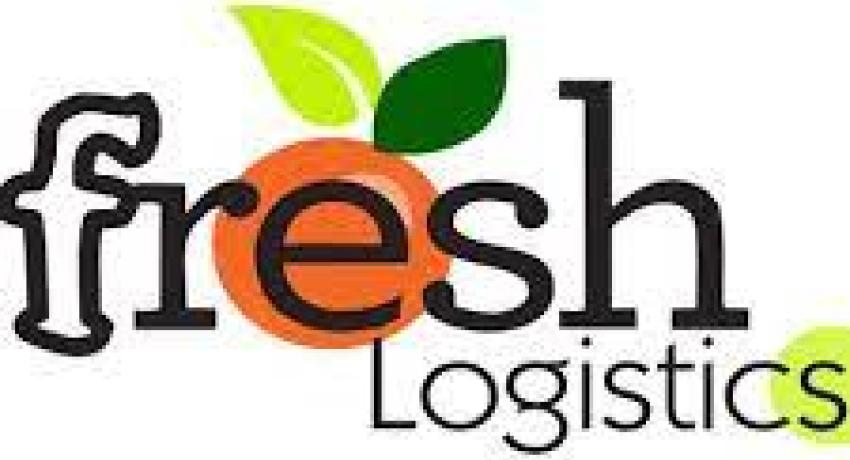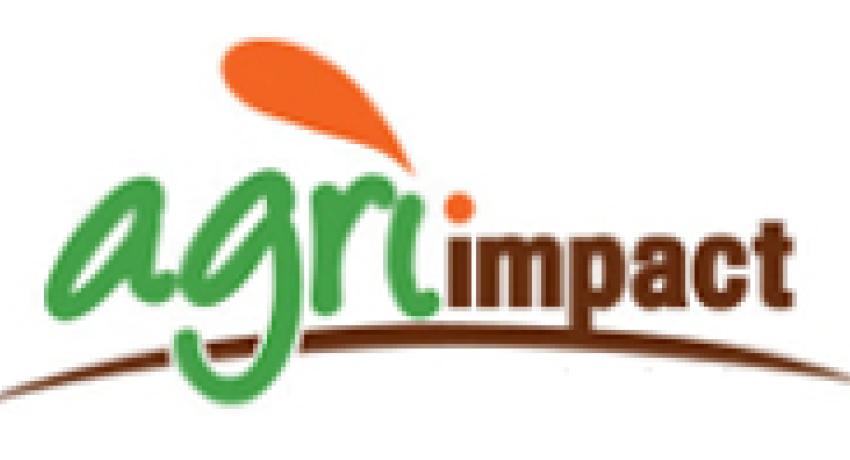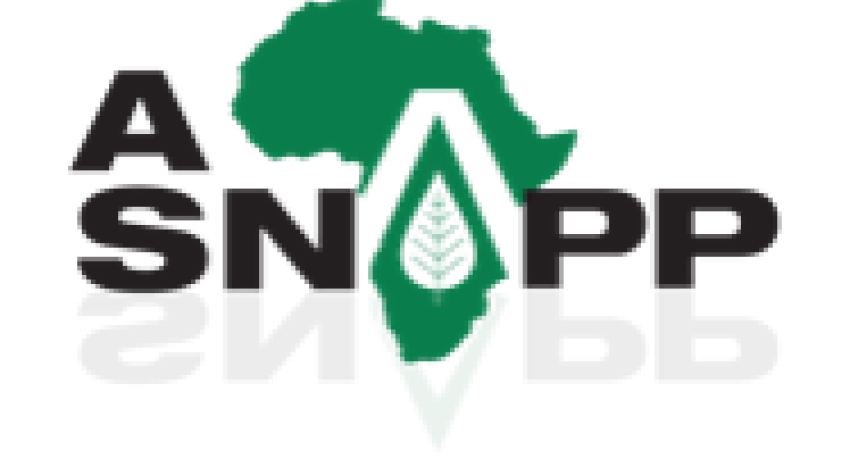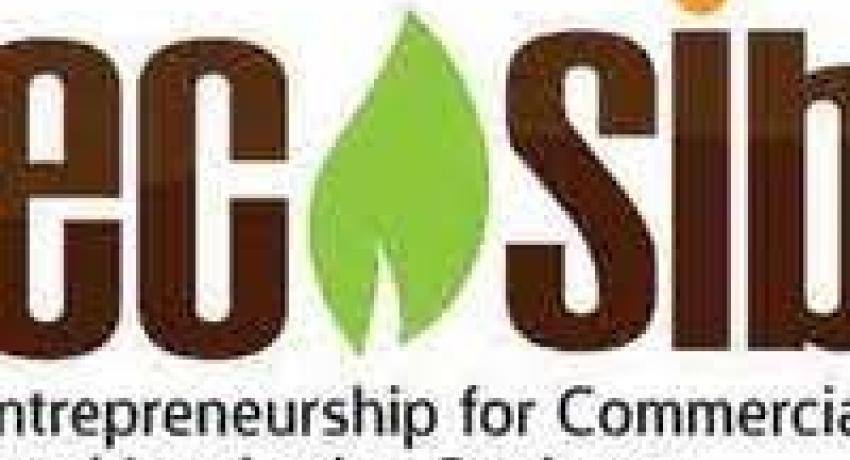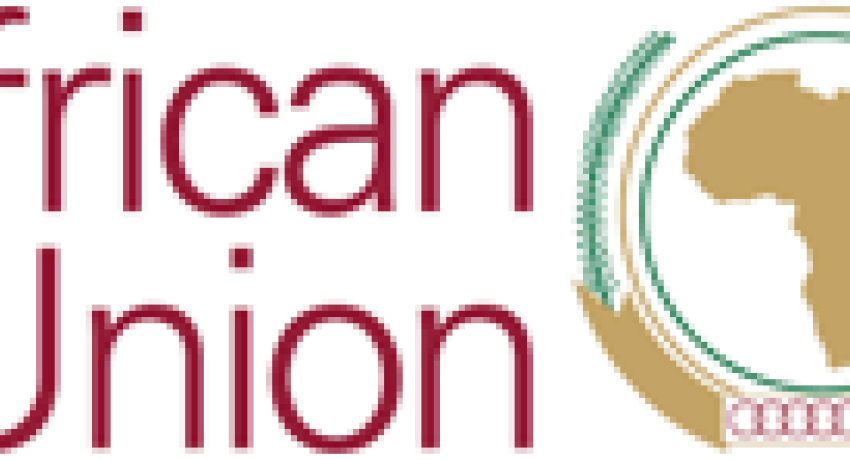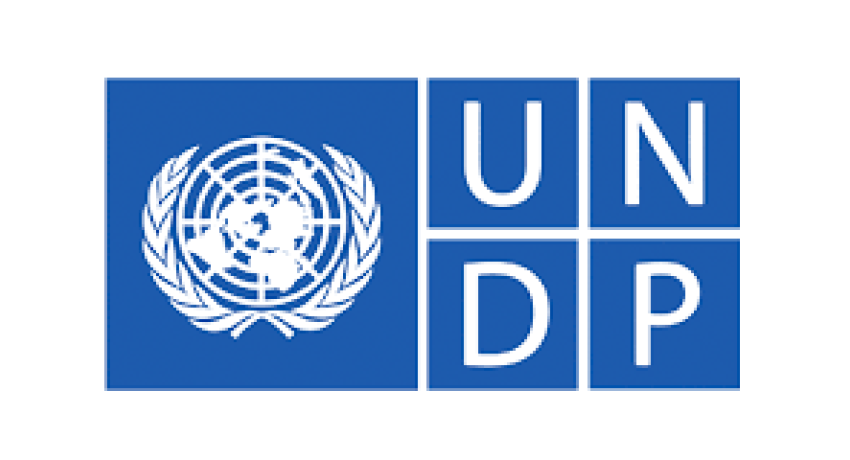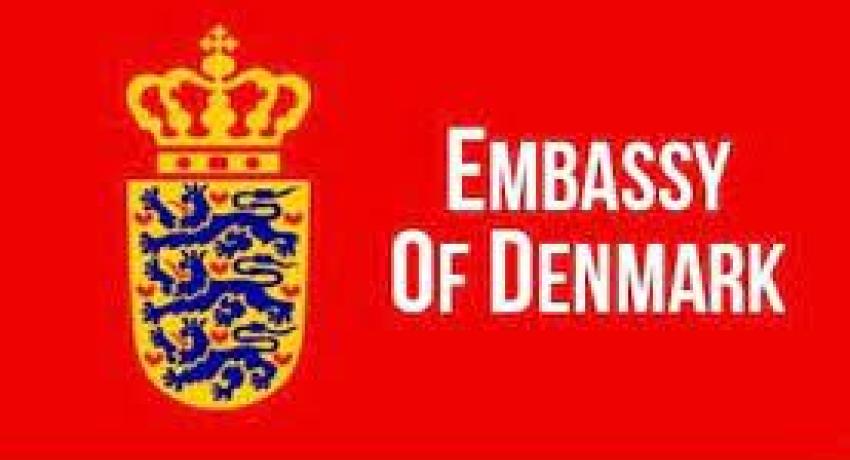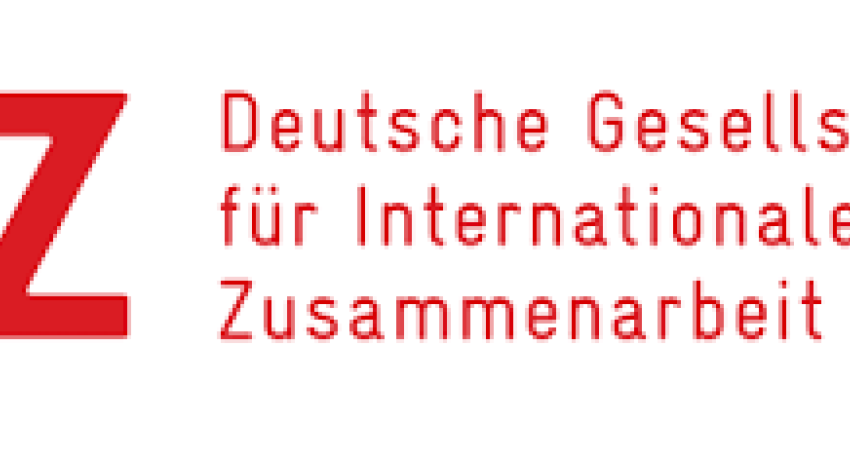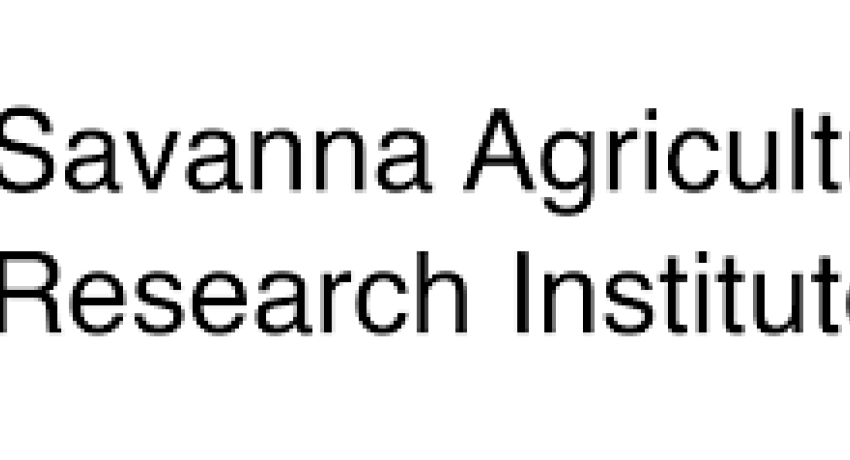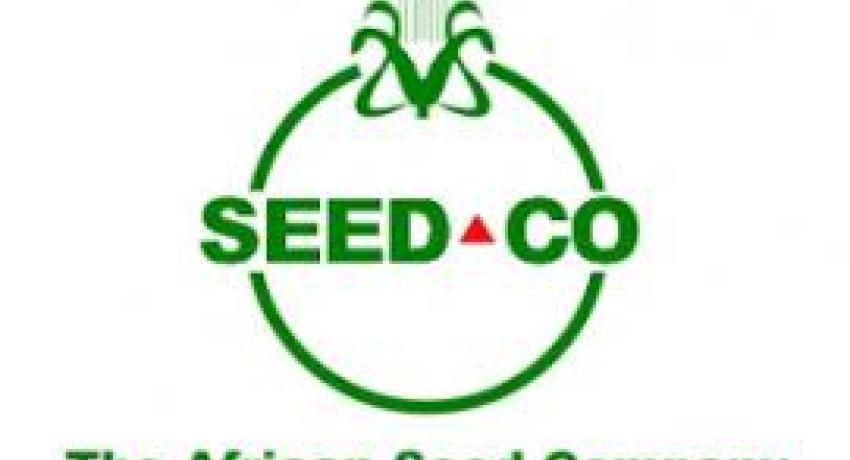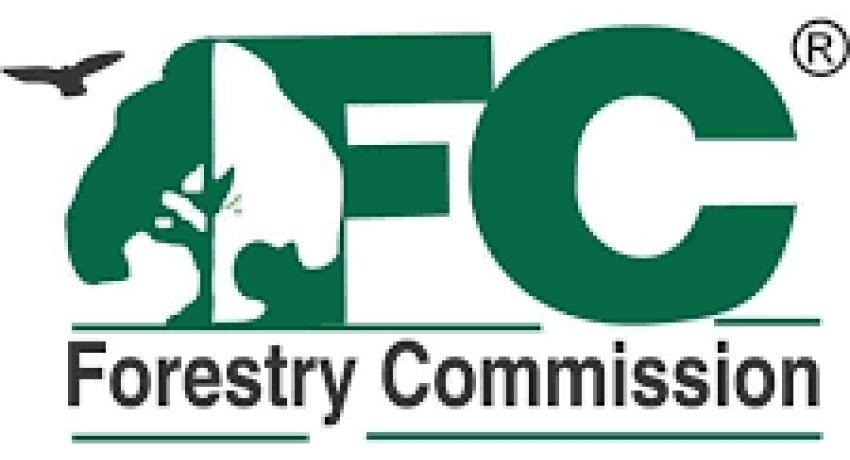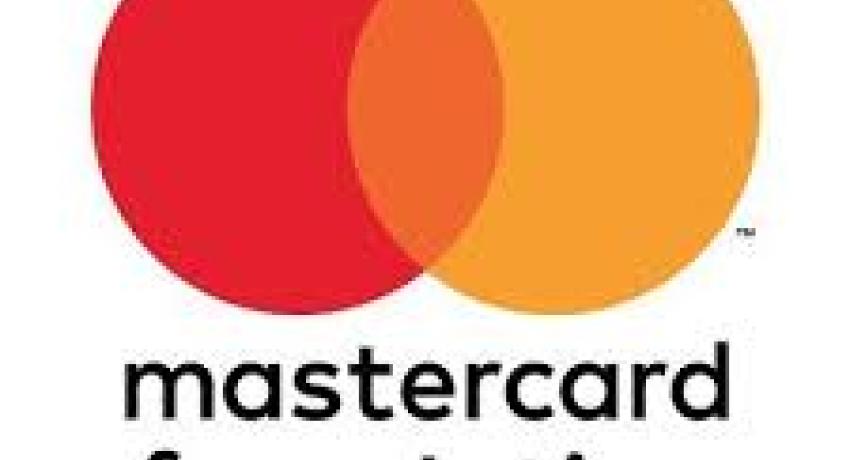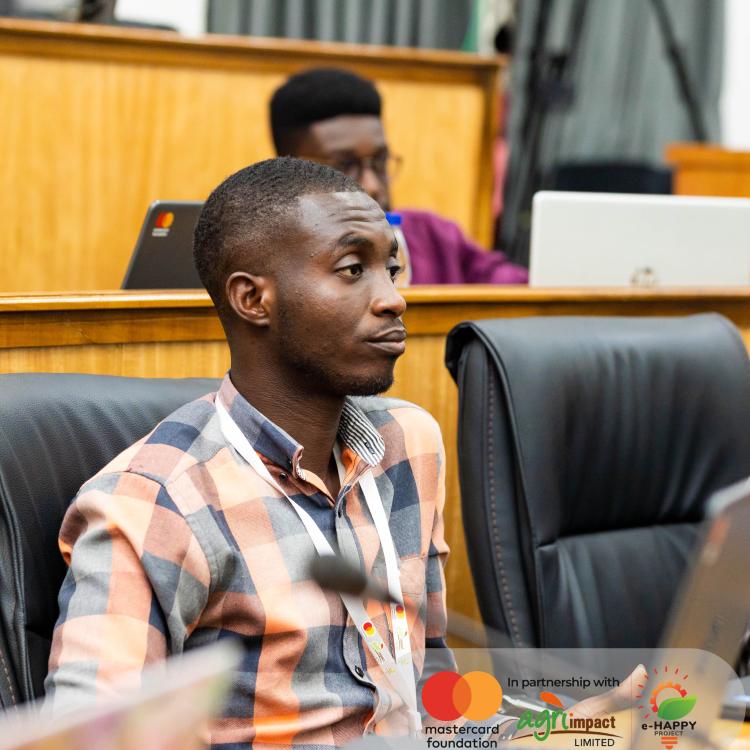The Mastercard Foundation in partnership with Agri-Impact Limited has rolled out an ambitious and transformative program dubbed Harnessing Agricultural Productivity and Prosperity for Youth (HAPPY) to be implemented by eight Implementing Partners including NewAge Agric Solutions, National Service Scheme (NSS), Ghana Cares (MiDA), Ghana Enterprises Agency (GEA), Ministry of Food and Agriculture (MOFA), TechnoServe, Catholic Relief Services (CRS) and Jobberman.
HAPPY is built on 3 intervention areas:
- Increasing production and productivity within the poultry, rice, soybean, and tomato value chains
- Promoting value addition, fostering entrepreneurship, and facilitating market development and
- Developing strategic policies and advancing youth, gender, social inclusion and voice and agency.
The program aims to create 326,000 dignified and fulfilling jobs for youth (70% women) and persons with disability, increase food production by 190,000 tons, generate annual revenue of over $200million, and increase agricultural productivity in rice, soya, tomato, and poultry value chains to reduce import of strategic foods by 10%.
HAPPY Program is driven by the Mastercard Foundation's Young Africa Works strategy, which aims to provide 30 million young people in Africa with dignified and fulfilling jobs by 2030. Using youth employment as a major marker of socioeconomic growth, the Foundation intends to unlock the pathways out of poverty through a country-led approach for millions of young people.
By identifying priority sectors for growth and advancing greater collaboration between the Foundation and governments and the private sector in specific countries, the country-led approach aims to gain a deeper understanding of their economic aspirations. The Foundation endeavored to develop a country-specific long-term strategy for each target country to:
- enhance the caliber of education and vocational training in order to furnish young individuals with the proficiencies that are in demand by employers.
- drive growth by establishing connections between employers and job seekers via technology.
- foster the growth of small enterprises and entrepreneurs by providing them with access to financial services.
The program aligns with the Mastercard Foundation’s charitable purposes which seek to:
- establish, operate, and provide programs and services to help children and youth to access education, understand and utilize technology and develop the skills necessary to succeed in a diverse and global work force.
- establish, operate, and provide microfinance programs and services to financially disadvantaged persons and communities to economically enhance these communities and develop entrepreneurs as a means of reducing poverty.
HAPPY also aligns with and fits into the government's flagship projects, initiatives, and strategic roadmaps to transform Ghana from an import-to-export economy, build domestic industries to drive the industrialisation agenda of both Ministries of Trade and Agriculture, reduce dependency, and enhance self-reliance and food self-sufficiency. Significantly, this project provides the needed raw materials to increase operational capacities and optimize several agro-processing firms currently operating at less than 30 percent capacity.
- To create dignified and fulfilling jobs for youth, women, and people with disabilities,
- To enhance the output and efficiency in the rice, soy, tomato, and poultry value chains.
- To reduce imports of selected agricultural commodities.
The deliverables of HAPPY are:
- Improve production and productivity for targeted value chains
- Increase youth and women access to fulfilling, dignified and sustainable jobs
- Improved policy advocacy conducive to the production and trade of the targeted value chains
- Reduced importation of the selected agricultural commodities
Specifically, HAPPY is to deliver:
- Job Creation: Establish, sustain, and enhance 326,761 dignified and fulfilling jobs for young people (70% women) and persons with disability
- Increased Agricultural Output: Realise 20% increase in the national output of rice, tomatoes, soybeans, and poultry.
- Expanded Cultivation: Expand cultivated land by over 55,000 hectares.
- Import Reduction: Reduce national import bill, resulting in savings of $164 million over a four-year period.
- Policy and Systemic Change: Advocate for policies that favours production and trade of the four value chains.
Footprint Projects are special purpose projects under the HAPPY Program. These include
- Youth Entrepreneurship in Seed Systems Programme (YESSPRO)
- Disability Inclusive Agriculture for Prosperity (DIAP)
- Diversified Women Agriculture Occupations for Wealth (Di-WaOW)
- Small Millers Program Youth in Technology Service Delivery
- Tomato Processing Incubation Centre (ToPIC)
- Drone technology
- E – HAPPY
Agri-Impact Limited is the Project Management Unit (PMU) responsible for leadership, oversight, coordination and management of eight (8) key Implementing Partners (IPs) under HAPPY. They are;
- Catholic Relief Services (CRS)
Catholic Relief Services – United States Conference of Catholic Bishops (CRS) has operated in Ghana for over 65 years focusing on assisting impoverished and disadvantaged individuals globally. The firm holds a host country agreement with the Ministry of Foreign Affairs and Regional Integration and has 97 programming staff.
The organization specializes in agriculture and youth-focused programming, consortium management, and has established trusted relationships with government entities at both national and local levels, civil society, and the private sector within Ghana's agriculture and youth sectors.
CRS's expertise extends to rice and soybean value chains, where it supports 160,000 women and men in 15 districts, facilitating sustainable income-generating ventures.
Catholic Relief Services is committed to mobilizing 19,325 youth to increase productivity of 15,656ha of rice and soybean. Additional 512 youth will be mobilized to engage in the production of 250,000 birds and other related jobs in feed distribution, farm hands, processors, and marketers.
-
Ministry of Food and Agriculture (MoFA)
The Ministry of Food and Agriculture (MOFA) is the lead agency and focal point of the Government of Ghana, responsible for developing and executing policies and strategies for the agriculture sector with core mission of promoting sustainable agriculture and thriving agribusiness through research and technology development, effective extension and support services to farmers, processors and traders for improved livelihood.
Animal Production Directorate (APD) is a Technical Directorate of the Ministry of Food and Agriculture with the mission of developing, promoting and sustaining poultry and livestock production for food security, employment creation and income generation through research, effective technical support, extension services, agro-business and industry, whilst ensuring that gender and environmental issues are adequately addressed.
Directorate of Crop Services (DCS) is a Technical Directorate of the Ministry of Food and Agriculture promoting production, facilitating processing, distribution and marketing of industrial and export crops; quality planting materials and the efficient use and management of soil and water resources for sustainable agriculture production.
Directorate of Crop Services will lead the policy interventions to be promoted by the project and be the anchor technical arm for training in agronomic practices and management. The Directorate will review and standardize all training manuals/models to be used, approve seeds to be used on the program and offer ToT for extension delivery across the project. Additionally, Directorate of Crop Services (DCS) will mentor the youth and support them to produce certified rice, soybean, and tomato seeds.
Under HAPPY, MoFA will provide 702 dignified and fulfilling jobs for youth and women, Supply 800,000 DOCs leading to the realization of a 20% increase in the national output of Poultry. Expand production to exceed 550 hectares of land for rice, tomato and soybean production.
-
Ghana Enterprise Agency (GEA)
The Ghana Enterprises Agency (GEA), formerly the National Board for Small Scale Industries (NBSSI) is the apex body dedicated to promoting, coordinating, implementing, and developing activities in the Micro, Small, and Medium Enterprises (MSMEs) sector in Ghana. GEA has been in existence for over 41 years working to stimulate the growth of Ghanaian MSMEs to produce world-class products and services that can compete locally and internationally with a supportive enabling environment and intervention of technology transfer, entrepreneurial culture, skills development, access to finance and markets.
GEA under the project will mobilize and support 15,000 informal youth to build enterprises in various post-production activities of the rice, soybean, tomato, and poultry value chains including aggregation, milling, parboiling, packaging, product development and marketing. It also intends to produce 240,000 krouiler birds leading to the realization of a 20% increase in the national output of Poultry.
-
Ghana National Service Scheme (NSS)
The Ghana National Service Scheme (GNSS) is an agency under the Ministry of Education with the mandate to train and place Ghanaian graduates in both private and public sectors of the economy for national development. The Scheme’s approach to Youth Inclusion over the past 13 years has been to establish training and demonstration model farms as centres where young people, especially women, are trained, placed, and supported in specific value chains so they can identify opportunities that will enable them to transition to jobs.
GNSS will deploy 81,980 formal youth to the project, allocate 10,000ha of land for rice cultivation, 7,000ha for soybean cultivation and 3,000ha of land for tomato and invest in rice and tomato seed production and catalyze additional support for the development of these lands with irrigation, mechanization services and other small farm implements to assist the formal youth embark on intensive, profitable, and sustainable production of these value chains.
Additionally, the Scheme will provide technical support services including agronomic practices in production, and post-harvest management. It will employ the technical support of the Directorate of Crop Services (DCS) and the Animal Production Directorate (APD) to build the capacity of GNSS Technical Officers in Good Agricultural Practices and productivity enhancing technologies. GNSS will also provide initial crop production agro inputs including improved seeds, fertilizers, and agro inputs, apply block-farming and cluster approach, providing full value chain services including aggregation and market facilitation for the youth.
Additionally, the scheme will support 4,000 youth to undertake poultry production, processing and marketing as a business and produce 1,500.000 broiler birds over the project life.
-
Jobberman
Jobberman Ghana was established in Ghana in 2012 with the aim of digitizing Human Resources and Transforming Productivity in Ghana with the mission of developing and connecting great African talent to work opportunities. Jobberman employs a bespoke mix of human and automated solutions to match employers with the best candidates, so they can hire the right fit faster.
Jobberman will leverage on its existing initiatives such as Job Placement programme HR 360°- Job Matching, Employment Support and Outsourcing.
This activity will link participants with employers in the agriculture sector through its recruitment platform, job promotion on social media and other offline methods. This is designed to attract, upskill, and create dignified and fulfilling career opportunities for 8,000 youth, over a 4-year duration, especially women to improve their wellbeing, resilience, and participation in Ghana’s formal agribusiness and adjacent sectors. It will also offer employability training for the agriculture sector by dispensing agro employability-focused education through no-tech, low-tech and high-tech platforms across the regions of Ghana to allow for inclusion and wide adoption. Social inclusion would be factored into how the training is deployed.
-
Millennium Development Authority (MiDA)
Ghana Cares “Obaatan Pa” Programme, is an economic and agricultural enclave program initiated by the Ministry of Finance. Millennium Development Authority (MiDA) serves as the Coordinator of the Programme. It has envisaged to develop, and upscale, mixed-use Economic Enclave located on an initial 4,000ha stretch of land near Asutsuare in the Shai Osudoku district in the Greater Accra Region. The Enclave is designed and developed as an integrated precinct. This Enclave concept is planned to be replicated in at least three (3) other qualifying districts across the country over a period of 2 years. At the end of second year, government (Ghana Cares Obaatanpa Programme) will hand over full operationalization and management controls to strategic well-resourced, high impact, and highly innovative privately owned Anchor farmers/management firms.
The funding from Mastercard Foundation will be allocated towards initial working capital for primary production actors, innovation, training and skill development, strategy, and implementation support. This collaboration is expected to contribute significantly to reducing unemployment by creating over 38,269 jobs. It is anticipated that this intervention will impact positively on import substitution reducing it by 4% p/a from the 3rd year of the program.
-
NewAge Agric Solutions Limited
Newage Agric Solutions is an agribusiness solutions provider with reliable expertise in input distribution, food production, agro-processing, out-grower and in-grower programmes – with a focus on sustainable production and consumption. It is committed to making high technology, quality agricultural inputs and services accessible to farmers and other stakeholders in Ghana’s agricultural sector. Newage prides itself in its finesse in outgrower scheme management where rural smallholder farmers are strategically targeted to empower them economically through agriculture with provision of agro-inputs on credit and ready market.
Newage is contributing 18,000ha of irrigated and rainfed land for use under HAPPY to create 145,000 jobs for youth, women and persons with disability (70% women) who will be trained and supported to have a sustainable farming business. Youth will have access to lands for farming and be integrated into the network of farmers connected to Newage. Additionally, firm will support 120 youth to establish 120ha rice seed farm to supply rice seeds to farmers under the program as well as expand to other farmers outside HAPPY (YESSPRO).
-
TechnoServe
TechnoServe (TNS) is a leading non-profit organization operating in almost 30 countries, supporting women and men to build competitive farms, businesses, and industries. The firm also assist in linking people to information, capital, and markets.
Under the HAPPY Program, TechnoServe will directly support 24 agri-SMEs in the four target value chains as well as ag-adjacent sectors. The firm is expected to provide at least 15,540 dignified and fulfilling jobs for youth by the end of four years.
TechnoServe will provide value chain facilitation support across all value chains delivering core business technical assistance to selected SMEs and work with them as off takers to implement inclusive business plans that enhance their operations.
TechnoServe will manage a micro-grant that seeks to provide start-up micro financial support to selected enterprises. It will also manage catalytic fund to be administered to selected SMEs for business reengineering support as well as an innovation grant to provide micro grant support to selected enterprises for persons with disability and pilot testing crop insurance in selected high risk project areas. TechnoServe will also lead gender mainstreaming action plan of the project and further conduct a gender training for partners to ensure that they are equipped to promote gender equity in program activities.

